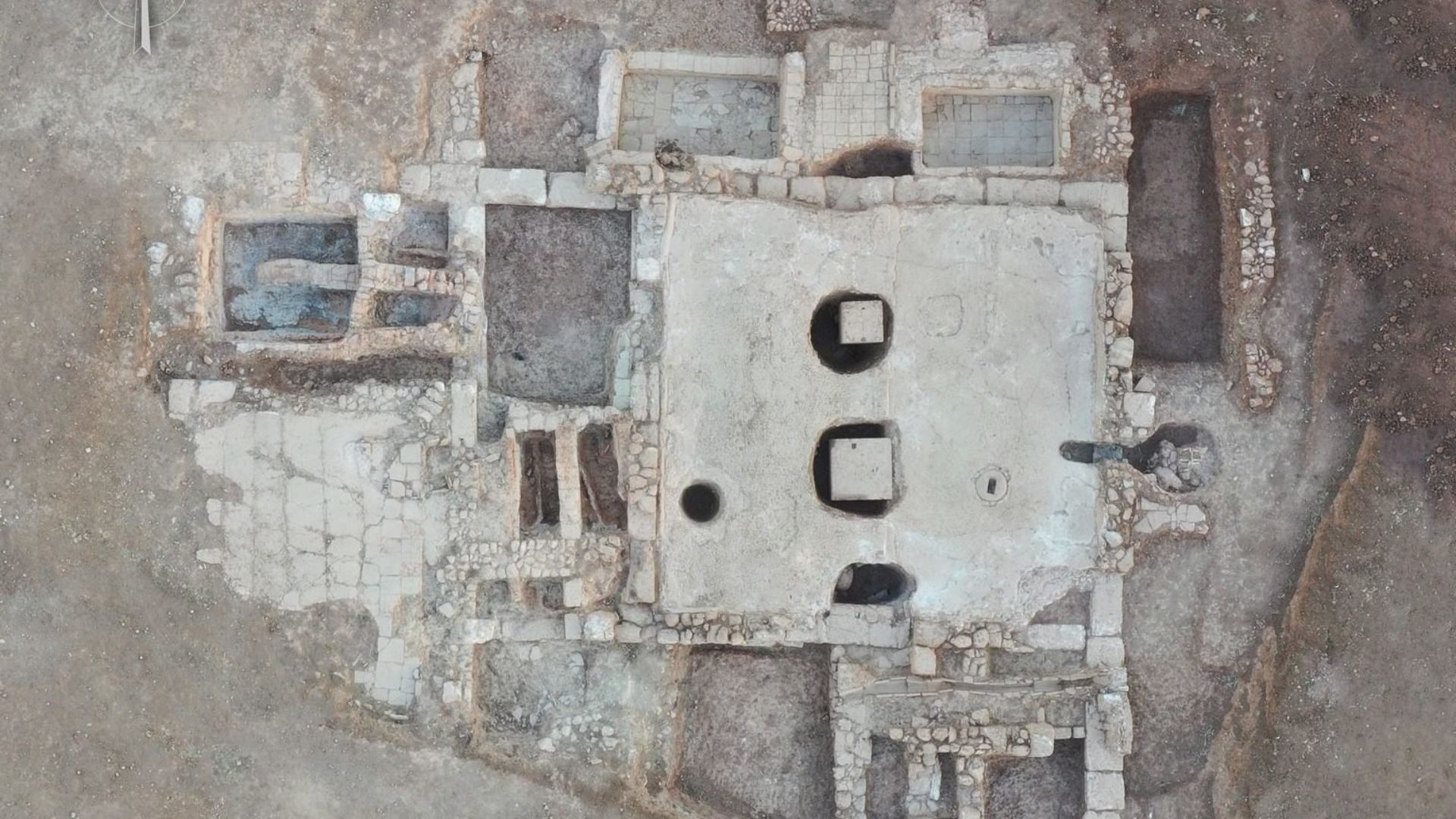The ancient Greek settlement area of Tenea has been discovered for the first time during recent excavations, the Greek Ministry of Culture has reported.
Dr Elena Korkas was leading the excavations of the ancient Greek settlement area of Tenea, which is located close to Corinth, Greece and around 80 kilometres from Athens.
The work was supported by the Directorate of Prehistoric and Classical Antiquities of the Greek Ministry of Culture and Sports.
Shops, burial monuments, baths, an olive mill and several structures, small coins and figurines were among the recent findings, which appear to date back to the Roman period.
Archaeologists also discovered “a treasure of eighteen silver and copper coins of the 3rd century,” as well as 2,100 coins dating back to the fifth and sixth centuries AD.
Residents of Tenea believed that they were descendants of the Trojans or captives brought back by Agamemnon from Tenedos.
Tenea was said to be the place where Oepidurs, the hero and Theban king, spent his earlier years. The city was not damaged during the ravaging of the region by Roman General Lucius Mummius Achaicus.
During the Byzantine period, the city passed in a period of prosperity, thriving for years to come.
Source: Greek Ministry of Culture.
